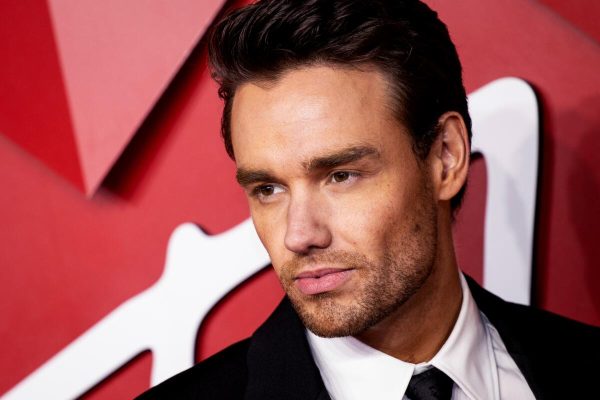Social Media Redefining What It Means to Be a Celebrity

The age of social media has changed the idea of “celebrity” and opened new lanes of stardom. If you want to become a model, you no longer have to go through an agency; instead, you can get sponsored on Instagram and become an Instagram model with a wide following. A seven-year-old can become a millionaire making YouTube videos about toys. With all the new accesses to fame that are available in the digital world, it begs the question of what constitutes a legitimate celebrity, and can these rising social media stars be considered a celebrity?
Many dictionaries, such as the Cambridge Dictionary or Oxford Dictionary, define a celebrity as a famous or well-known person in entertainment industries such as sports or television. With this definition, there is a broad scope of what a celebrity can be. If social media networks, such as Instagram or Snapchat can be considered forms of entertainment, then the argument that an influencer who gains their popularity through these networks can be considered a celebrity.
Several polled students were asked what they thought a celebrity was and many of their definitions paralleled the Oxford and Cambridge dictionaries. In fact, sophomore, Anika Krieger believes, “The term ‘celebrity’ is too commonly thrown around these days, given to people who don’t deserve it. To me, a legitimate celebrity is someone who has worldwide recognition for success or skill in their field.”
The typical social media star does not go through a traditional lane of acting or singing to earn their following, but rather gaining connections and sponsorships. Doing this has become easier than ever because Instagram gives you the opportunity to label your profile as a business page, Youtube allows you to monetize your videos to help you earn more money off of them, and Snapchat makes it possible for people to subscribe to your stories if you make them open to the public.
Despite all these advantages that can be applied to building your following, there can still be roadblocks to be faced. To be a celebrity you generally have to maintain a steady influence, hence why social media stars are now being referred to as “influencers.” Students like Elijah Rios and Marlaina Tanner believe that becoming famous is easy, but maintaining that fame is the difficult part that is failed to do.
When Internet famous people made their debut, there was a clear barrier between them and the traditional celebrity; now, that barrier is becoming blurred and paths are being crossed. YouTube content creators, such as Liza Koshy and James Charles, are now being invited to prestigious events such as the Met Gala. The larger the audience they attract, the more sponsors they get; thus, adding fame to their name.
The idea of creating your own content has even appealed to the traditional celebrity, and they have started to use these platforms to further promote themselves. Caroline Emmerich says that being a celebrity is really competitive and if people who are already well-known use these platforms it could diminish the legitimacy of influencers.
The idea of a legitimate celebrity varies and changes based on new platforms surfacing. Social media influencers are becoming the new “celebrity” and are being welcomed by businesses, social media sites, and the hierarchies of fame.










